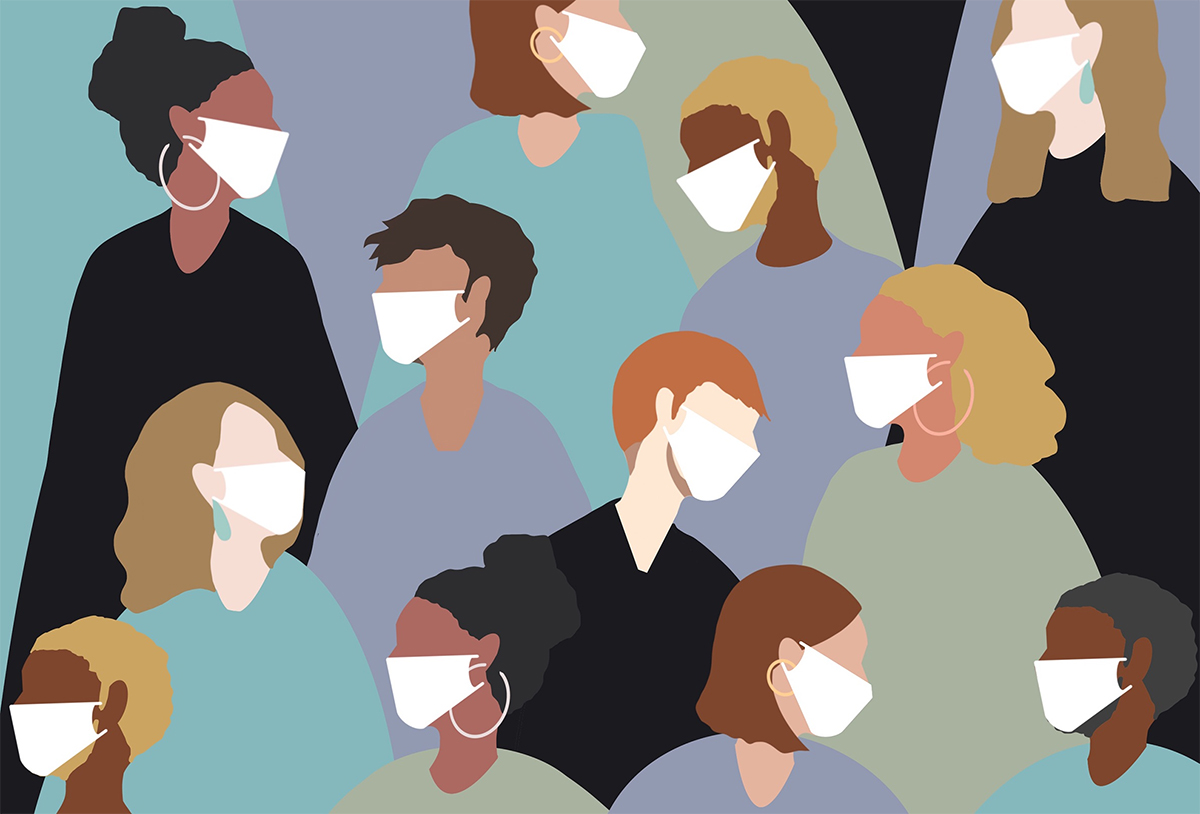An EPIC Summer
The summer was fraught with barriers to work, but Emory University School of Law students found alternative methods to get the job done.
by Cassandra Maddox
One of Emory Public Interest Committee’s (EPIC) premier programs provides grants to students who spend their summers working in the public interest but are either unpaid or receive insufficient funding from other sources. For 2020, 41 students were awarded grants, funded by EPIC donors, after meeting the committee’s stringent requirements.
Allison Golisch 22L
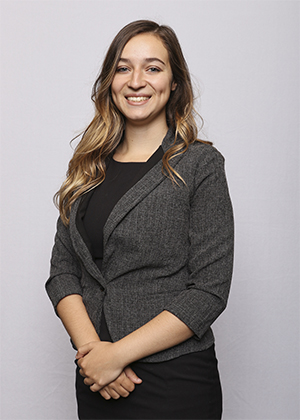
in Chicago where she learned how vital public defenders are to the justice system.
“I spent the bulk of my time drafting compassionate release motions for incarcerated individuals who are at risk of having serious complications from COVID-19,” she said. The project focused on helping clients in their most vulnerable state, clients who Golisch said were, “worried that their [jail] sentence might become a death sentence.”
Golisch also observed the Sentencing Options that Achieve Results program (SOAR). The program allows individuals with a federal criminal case pending to participate in bi-monthly court sessions in lieu of serving jail time. The court sessions helped participants address and improve in areas like sobriety, employment, and education for up to two years.
Offering alternatives to incarceration can be more effective in helping someone rehabilitate, Golisch said. She added, “Giving them resources and support to succeed in life produces better results for both the individual who committed the offense and society.”
Though she didn’t see anyone complete the program—which often results in a non-custodial sentence, reduction to a misdemeanor conviction, or dismissal of criminal charges—she saw participants of the program reach incredible milestones. “One participant turned his life around in order to support his child and, with the help of the SOAR team, has obtained employment, received his driver’s license, and is saving up to move his family to a better home,” she said.
Golisch said the courts have a habit of seeing people as numbers or cases, but being on a team like SOAR actively works against this trend. “It’s clear to me how absolutely vital the work of a public defender is, especially when it comes to humanizing defendants, and I am so proud that I was able to be on that team this summer.”
Claire Scavone 22L
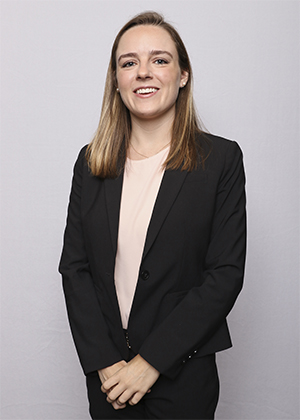
for deed cases. Providing direct-client services during a pandemic was not without its challenges. Because HDP couldn’t see clients in their office, it was more difficult to collect mortgage statements and financial records, and many clients did not own scanners at home.
Scavone remained hopeful and listened intently as clients shared their stories. “Hearing clients’ excitement about even a forbearance made my day,” she said. “I found myself listening to a lot of challenging stories.”
Scavone reflected on the nature of HDP’s work: “I realized just how easy it is to undermine a family’s stability and how to identify when a client needs additional Legal Aid services to make sure they can maintain homeownership after their case closes,” she said.
Some stories came from HDP lawyers. Occasionally, her supervisor held team lunches during which Scavone could listen in. “Hearing a group of lawyers think out loud showed me their thought processes and the importance of understanding the nuances of particular cases,” she said.
Scavone also had the opportunity to speak with the HDP team consultant who works for the National Consumer Law Center. “I learned that making policy has many layers," she said. “Hopefully it becomes more difficult for home scammers to take advantage of people in the future.”
Scavone went on to research in disability law, guardianship law, and the rules of discovery. “Overall, I learned a lot about how reward- ing public interest work is and just how hard Atlanta Legal Aid works for their clients.”
Gabriel Knisley 22L
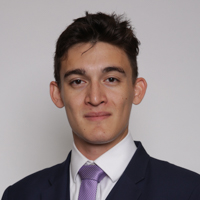
Due to COVID-19, his expectations were dashed, but Knisley turned to his research projects, for which he was required to work on the Government’s VPN. His research included an international criminal subpoena on behalf of an Eastern European nation, an appellate brief pertaining to the common law rule of justified defense, and memos regarding venue and habeas corpus. Knisley said the extensive research was not without its challenges, but he learned a valuable lesson in perseverance. “The server was severely over- loaded, and I was repeatedly forced to rewrite documents, he said.” Knisley reorganized his sleep schedule to begin work at 6 a.m., before others logged on, and became familiar with the network’s IT chief.
Despite his technical difficulties, he looked forward to the Office’s Summer Speaker Series.
“Every other week, the office would host a speaker for the interns, during which different Assistant United States Attorneys (AUSAs) would describe a case that they were working on and their path to becoming an AUSA,” he said. It confirmed for him that he was on the right path to working for the International Criminal Court. “They provided me with insight into the breadth of material AUSAs are required to learn.”
Jocelyn Kirsch 22L
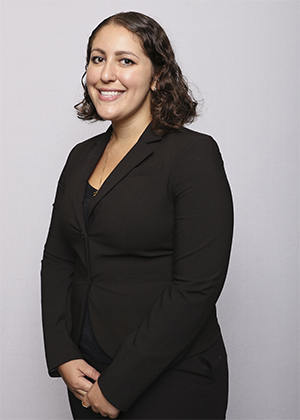
Kirsch worked in the office a few days per week, but in light of COVID-19, immigration proceedings were significantly affected.
All master calendar hearings were cancelled with a reschedule date still to be determined. Kirsch called the Executive Office for Immigration (EOIR) every week to check whether clients were rescheduled. As Violence Against Women Act, U-Visa, and Consular Processing work remained at a steady stream, immigration work slowed to a near halt.
Panic spread when the Trump administration announced, then retracted, a statement that it would deport all international students on F-1 visas. “Other anti-immigration rhetoric led to an influx of Deferred Action of Childhood Arrivals (DACA) requests,” Kirsch explains. However, due to already compounding immigration cases, the Latin American Association did not take any new DACA cases.
“That information hasn’t curbed demand for DACA assistance,” Kirsch said. As a result, she participated with several informational intakes for potential DACA clients. The information remains on file should the courts start to reopen.
Kirsch said her most notable experience was when she researched and found precedent for a principle of equitable tolling and drafted motions that were submitted on behalf of clients who already had received U-Visas for cooperating with law enforcement in investigating crime. “Often, clients will receive visas from other means, while previously having removal orders from when they were first apprehended at the border,” she said.
Kirsch serves as one of two student administrators for the Emory Immigrant Legal Assistance volunteer clinic. The clinic staff can be reached at lawcommunityclinic@emory.edu.
Laurie Kim 22L
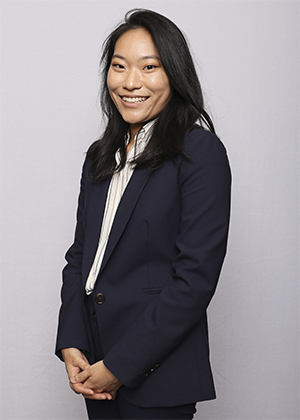
After ten weeks, she said she had only begun to scratch the surface of multi-generational issues affecting communities of color. Kim was inspired and driven to do the work. “It is the solemn duty of the Court to ensure measures addressed against a capital defendant are judiciously guarded as mandated by our Constitution. Against the backdrop of an unrelenting, global pandemic and national civil unrest against systemic racial injustice, however, it was undeniable that a renewed pulse of urgency punctuated the tenor of our work,” Kim said.
“In some cases, we considered whether previously unmovable judges would now be willing to expedite motions for early release due to mounting concerns over debilitating prison conditions affected by COVID-19. In other cases, we questioned whether trials needed to be postponed given that we were unable to visit our clients in person,” she said.
Kim said she feels grateful for the opportunity to devote her summer to the Georgia Capital Defender’s Office. “I gained a deeper understanding and an appreciation for representing indigent clients on death row.”
Nancy Jin 22L
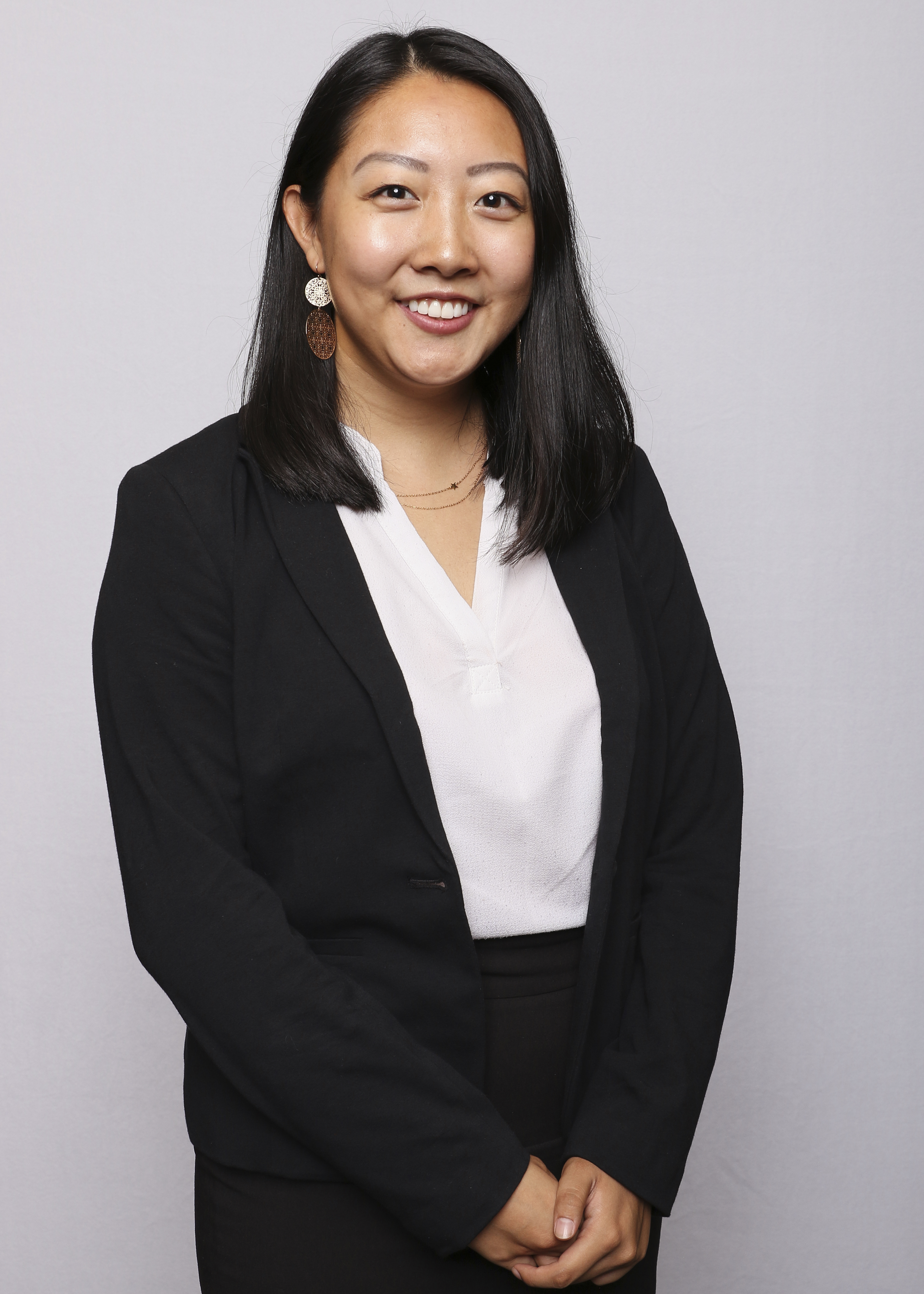
Under her law clerk’s guidance, Jin wrote a statement of facts for an ERISA case, organized the shared drive docket documents on to One Note, and compiled information about all of the judge’s cases. “I found comfort in the routine that was provided for us, the memes I shared with my co-interns, and the conversations we would have as a chamber,” Jin said.
Every Tuesday they met as a chamber to present cases and network. “I really liked this assignment because it helped contextualize the conferences we would listen to, and I liked listening to the judge’s thoughts on each case,” she said. Jin also said it refreshed her knowledge of what she learned in her civil procedure course.
Jin says her internship was a unique and rewarding experience. “I observed firsthand passionate advocacy for clients, which only furthered my interest in litigation. I found a passion and hunger for client connection, advocacy, and the excitement that lives within litigation.”
